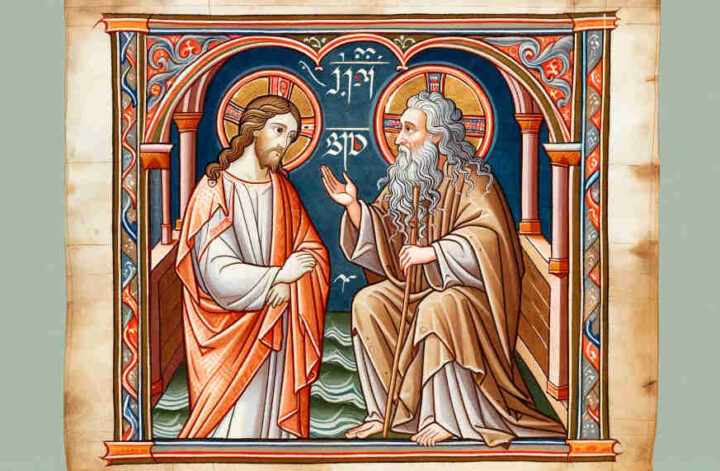Reader’s Question:
A reader asks: “How does Noahism differ from other monotheistic religions?”
Dear Seeker of Understanding,
Your inquiry delves into the distinctive nuances between Noahism and other monotheistic religions, exploring the unique aspects that set Noahism apart.
Noahism, encapsulating the Noahide Laws, comprises a set of universal ethical principles transcending religious boundaries. These ethical guidelines—prohibiting idolatry, blasphemy, murder, theft, sexual immorality, consuming flesh from a living animal, and advocating the establishment of courts of justice—form the ethical fabric of Noahism.
The primary divergence between Noahism and established monotheistic religions like Judaism, Christianity, and Islam lies in their focus. Noahism doesn’t encompass intricate religious rituals or specific theological doctrines as these religions do. Rather, it provides a universal ethical framework emphasizing moral conduct, societal justice, and respect for life.
Unlike the distinct religious practices, rituals, and theological doctrines found in Judaism, Christianity, and Islam, Noahism stands apart by emphasizing universal ethical principles applicable to all humanity, regardless of religious affiliation. While all share the foundational belief in monotheism, Noahism’s essence lies solely in guiding individuals toward ethical behavior and societal justice.
The significance of Noahism lies in its universality and emphasis on ethical conduct, offering a moral compass to navigate life’s complexities. Its teachings are aimed at fostering a harmonious and righteous society built on principles of ethical conduct and respect for life.
In essence, Noahism stands as a beacon of ethical guidance, transcending religious boundaries and inviting all humanity to embrace a life of moral integrity and ethical conduct.
Should you seek further insights or wish to explore deeper, I am here to guide your quest for understanding.


